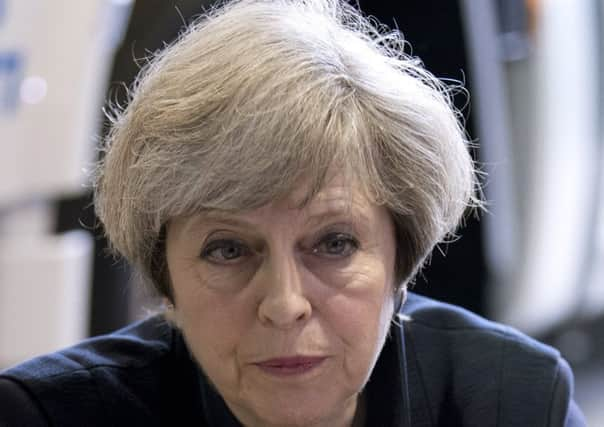Comment: Why the Tory campaign has run into trouble


What seemed to be an unassailable lead giving Theresa May a powerful mandate for the next five years has shrunk. Amid talk of a rift in the Conservative inner circle, the party is now struggling to get back on track, with speculation of a campaign relaunch this week.
While the party still looks on course for victory, there will be a profound difference in political mood if the result is well down on the 100 majority airily predicted just a few weeks ago. Indeed, a majority of 30 to 35 seats, while an improvement on the party’s previous representation, would be widely seen as a voter snub. EU ‘Remainers’ would be heartened by such an outcome, while it would be seen as a personal triumph for the widely criticised leadership of Jeremy Corbyn, making it all the more difficult for Labour moderates to mount a challenge to his stewardship. Thus can a numerical victory come to look much more like a political defeat.
Advertisement
Hide AdAdvertisement
Hide AdA key feature of Tory difficulties has been the botched handling of controversial social care reforms and in particular the proposal for a cap on social care costs – instantly branded a “dementia tax”. There is persistent lack of clarity on what the cap on such costs might be.
Lack of detail in the party manifesto has also caused voters to query what Mrs May’s “strong and stable leadership” will set out to do. Business leaders have been troubled by proposals that would add to regulation and business costs. While there is tough talk to curb terrorism, proposals for a new “Commission for Countering Extremism” to clamp down on “unacceptable cultural norms” such as female genital mutilation may well fall short of voter expectations. And there has been unease over a highly personalised leadership style, with Cabinet colleagues limited to brief appearances on the campaign trail.
Party strategists are counting on a decisive voter rejection of the Labour alternative and in particular the prospect of Mr Corbyn as Prime Minister and Diane Abbott and John McDonnell holding prominent Cabinet posts. But support for Labour looks to be proving more solid than expected in traditional party strongholds. Mrs May now has less than two weeks to set out a compelling programme for government. It has not been clearly evident thus far.